Often praised for its immune-boosting qualities, vitamin C significantly helps common colds pass by. Found largely in fruits and vegetables, this vital mineral is well-known for its antioxidant properties and support of many body processes. This post will go over how vitamin C might help reduce cold symptoms, boost immune response, and offer doable advice on how to include it into your daily schedule to really fight colds.
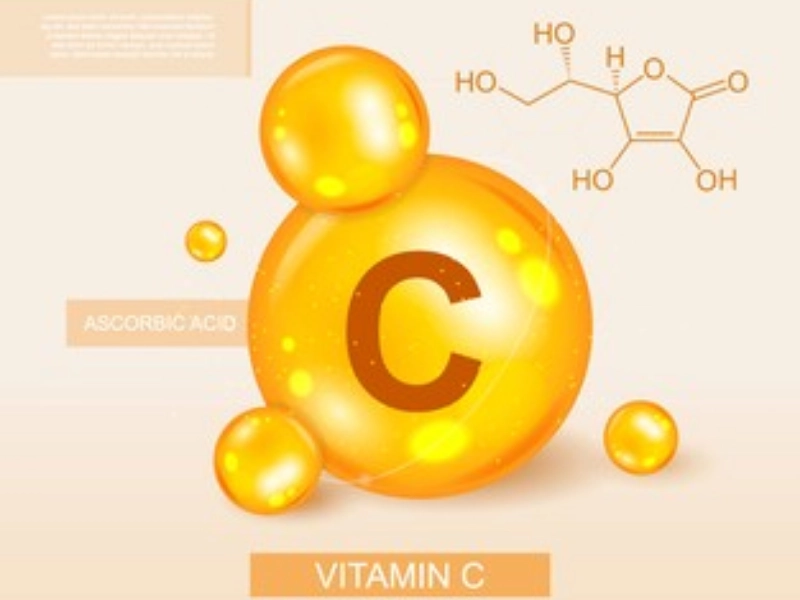 Strong antioxidant vitamin C shields cells from damage brought on by free radicals. It is absolutely vital for immune cells—especially lymphocytes and phagocytes, which are needed to combat infections—to run as they should. Your body's need for vitamin C rises when you have a cold as it battles the infection. Studies have indicated that enough vitamin C levels can boost immune cell activity and antibody synthesis, therefore strengthening the immunological response. Making sure your system has adequate vitamin C will help you equip it to fight cold viruses and maybe lessen the length of your illness.
Strong antioxidant vitamin C shields cells from damage brought on by free radicals. It is absolutely vital for immune cells—especially lymphocytes and phagocytes, which are needed to combat infections—to run as they should. Your body's need for vitamin C rises when you have a cold as it battles the infection. Studies have indicated that enough vitamin C levels can boost immune cell activity and antibody synthesis, therefore strengthening the immunological response. Making sure your system has adequate vitamin C will help you equip it to fight cold viruses and maybe lessen the length of your illness.
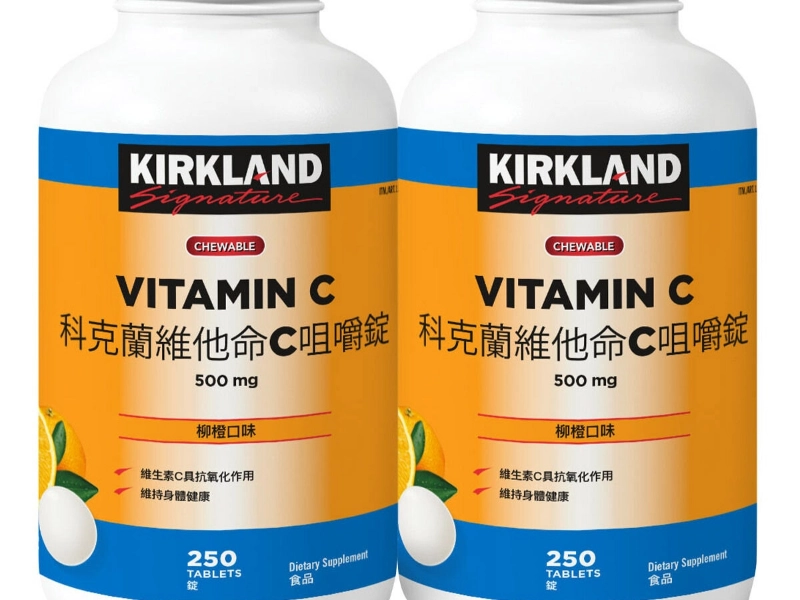 Studies point to vitamin C perhaps not only helping to prevent colds but also lessening their severity and length. Although it might not stop a cold from starting, consistent vitamin C intake can help to shorten the duration of your symptoms. Regular vitamin C consumers have shown in clinical research that they may have shorter colds than those who do not. such vitamin C in your diet may also help you have less severe symptoms such cough, runny nose, and sore throat. This can result in a more pleasant healing phase that lets you get back to your regular activities sooner.
Studies point to vitamin C perhaps not only helping to prevent colds but also lessening their severity and length. Although it might not stop a cold from starting, consistent vitamin C intake can help to shorten the duration of your symptoms. Regular vitamin C consumers have shown in clinical research that they may have shorter colds than those who do not. such vitamin C in your diet may also help you have less severe symptoms such cough, runny nose, and sore throat. This can result in a more pleasant healing phase that lets you get back to your regular activities sooner.
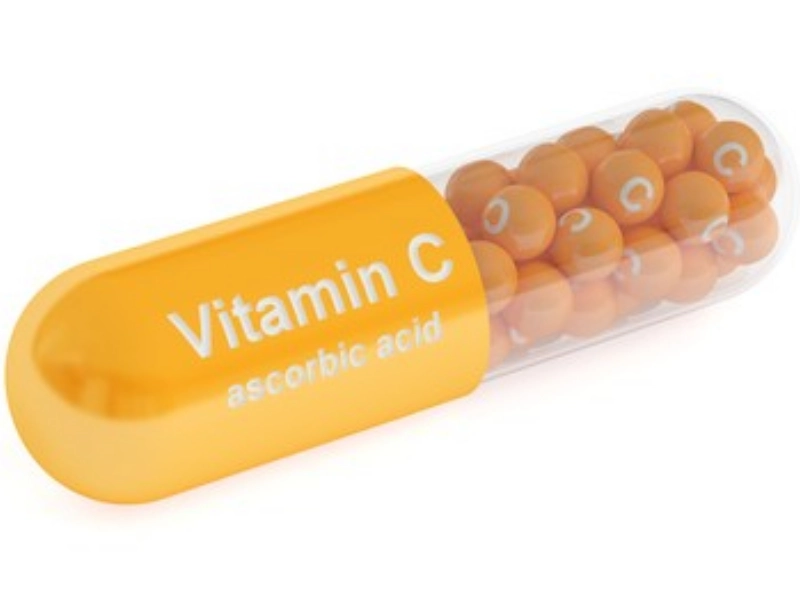 Including vitamin C into your diet is easy as many great fruits and vegetables contain it. Well-known sources are citrus fruits like oranges, lemons, and grapefruits; other choices are strawberries, kiwi, bell peppers, and broccoli. Vitamin C pills are also accessible for those who would want a quick boost since they offer a concentrated dosage of this vital vitamin. Try to include a varied spectrum of foods high in vitamin C in your meals to optimize its advantages. Your vitamin C consumption can be readily improved and your immune system supported by a vibrant salad with bell peppers, tomatoes, and citrus dressing or by a smoothie loaded with fruits.
Including vitamin C into your diet is easy as many great fruits and vegetables contain it. Well-known sources are citrus fruits like oranges, lemons, and grapefruits; other choices are strawberries, kiwi, bell peppers, and broccoli. Vitamin C pills are also accessible for those who would want a quick boost since they offer a concentrated dosage of this vital vitamin. Try to include a varied spectrum of foods high in vitamin C in your meals to optimize its advantages. Your vitamin C consumption can be readily improved and your immune system supported by a vibrant salad with bell peppers, tomatoes, and citrus dressing or by a smoothie loaded with fruits.
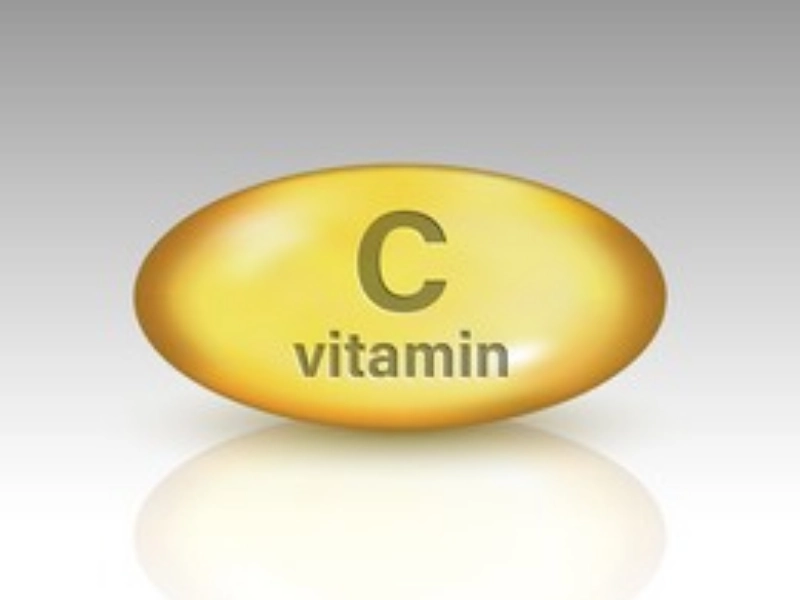 Time and dose of vitamin C intake are crucial if one wants to efficiently cut the length of colds. Studies show that beginning vitamin C supplements just before cold symptoms start may be very helpful. Though individual needs may vary, a daily dosage of 200 mg to 1000 mg is usually advised for people seeking best immune support. Before beginning any supplements, especially if you have underlying medical issues, you should see a doctor. Your vitamin C consumption should be timed deliberately to maximize its benefits for immune system support and cold prevention.
Time and dose of vitamin C intake are crucial if one wants to efficiently cut the length of colds. Studies show that beginning vitamin C supplements just before cold symptoms start may be very helpful. Though individual needs may vary, a daily dosage of 200 mg to 1000 mg is usually advised for people seeking best immune support. Before beginning any supplements, especially if you have underlying medical issues, you should see a doctor. Your vitamin C consumption should be timed deliberately to maximize its benefits for immune system support and cold prevention.
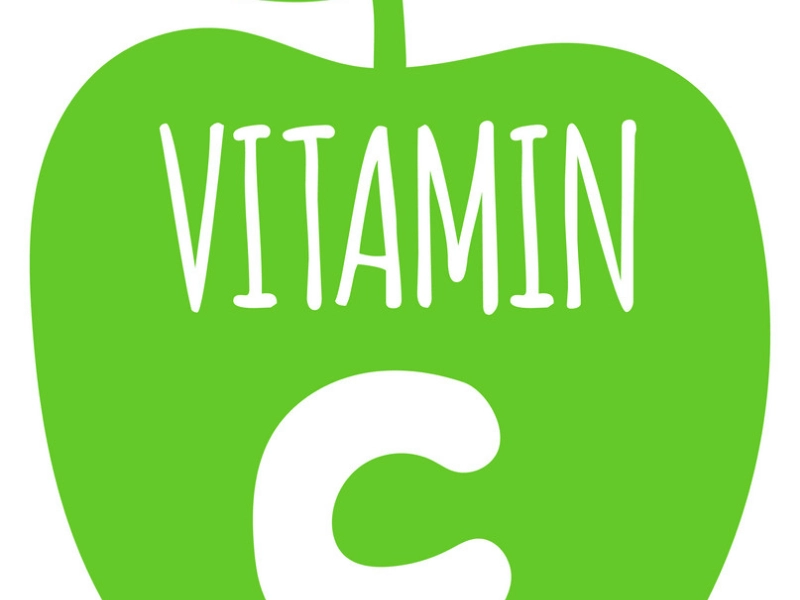 Although immune support depends on vitamin C, other lifestyle choices can help it to be more effective in lowering cold duration. Overall health and immune system depend on keeping a balanced diet high in whole foods, drinking enough of water, and obtaining enough sleep. Additionally beneficial for immune system function and circulation is consistent physical activity. Moreover, controlling stress is essential since long-term stress might compromise immune system response. You can increase your general well-being and build your body's defenses against colds by using a complete approach including vitamin C together with these healthy lifestyle choices.
Although immune support depends on vitamin C, other lifestyle choices can help it to be more effective in lowering cold duration. Overall health and immune system depend on keeping a balanced diet high in whole foods, drinking enough of water, and obtaining enough sleep. Additionally beneficial for immune system function and circulation is consistent physical activity. Moreover, controlling stress is essential since long-term stress might compromise immune system response. You can increase your general well-being and build your body's defenses against colds by using a complete approach including vitamin C together with these healthy lifestyle choices.
Just as vital as treating colds is preventing them, hence vitamin C can be quite helpful in a proactive approach to health. Consuming foods high in vitamin C on a regular basis can help lower the frequency of colds, hence lessening of the need for treatment. Apart from vitamin C, maintaining proper hygiene including regular hand washing and avoiding close contact with sick people will greatly reduce your chance of developing a cold. Giving preventive first priority and including vitamin C into your daily schedule can help you to have improved health and resistance against common colds.
Scientists are investigating the whole scope of vitamin C's advantages for immune system function and cold control as more study is done. Constant research seeks to define the ideal amounts, timing, and efficacy of vitamin C supplementation in different groups. Currently under investigation is also the interaction of vitamin C with other nutrients and elements affecting immune response. Monitoring new research will enable you to remain current with the most recent advice regarding the use of vitamin C to shorten cold duration and improve general health.